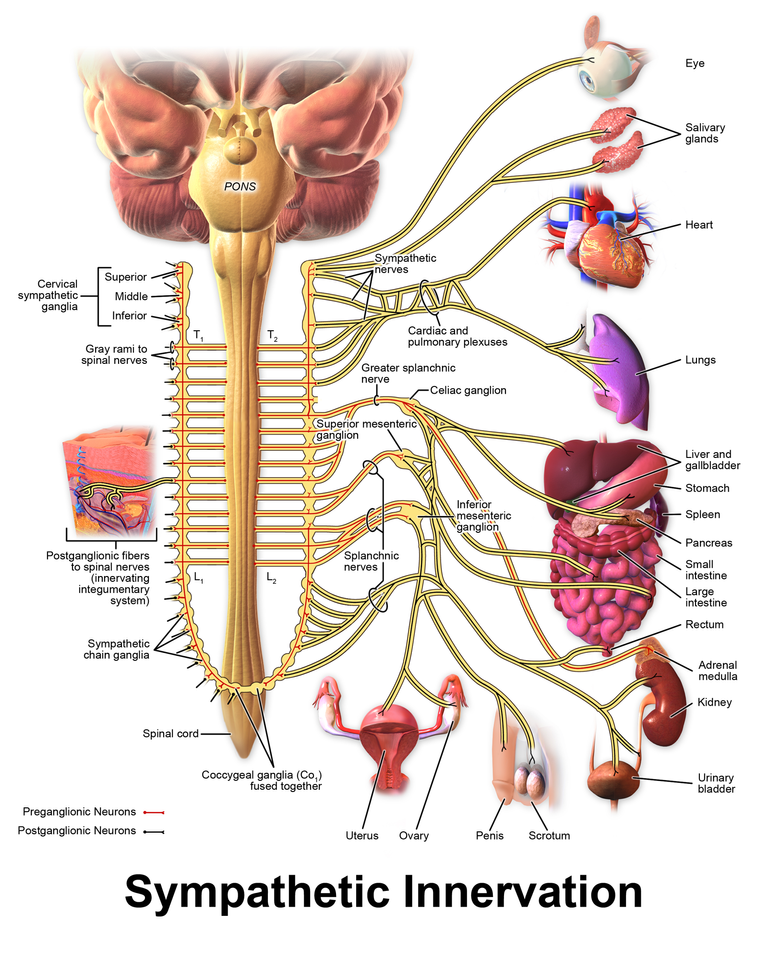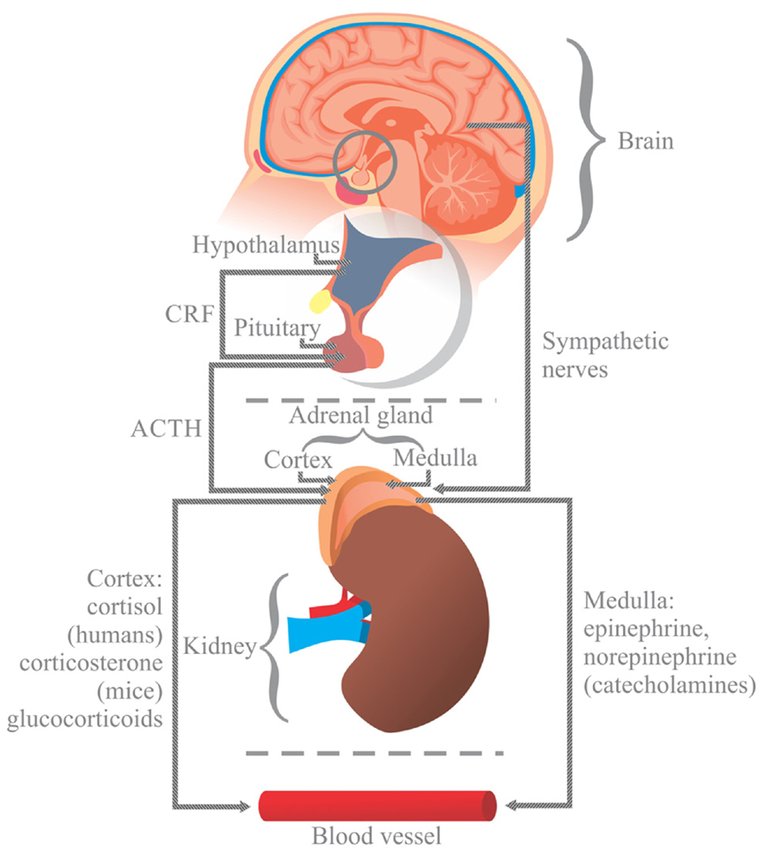Have you ever thought of what our early human ancestors were stressing themselves over? Were they really worried about things unseen and things they might not be able to achieve or could achieve?
Oh!! I started writing already on StemSocial Community? I was really thinking about when I will be able to buy a Tesla with 1 Hive? Scratch that

You see, while our early ancestors were stressing themselves about a lot of things, Finance, marriage, company loss and profits, dream car and ambitions weren't one of them. Their stress was centered around the current situation, just like other primates, maybe a little higher, in the sense that they had to develop tools to hunt, or learn languages to communicate. History.com shows clearly that the ancient humans didn't worry about the future, their stress was based on solving current situations including tools for farming and hunting, and creating fire for cooking. You see, these things have changed with us now. Today, a lot of things stress us out, in fact, we are almost always stressed. I cannot really say how our early ancestors took the death of a loved one, but in our lives now, one of the major reason for stress, is the death of a loved one. Other reasons would include divorce, relationship issues, losing a job, getting a new job, work problems, thoughts of the unforeseen future, walking, financial instability, retirement, transition into adulthood, and almost anything you can think of is surely stressing us out now.
Stress, physiologically, is any potential or actual threat to homeostasis caused by either an internal or external factor. For easy understanding, these factors, either physically, biological, or environmental, that causes the body to be stressed, are referred to as stressors. Since almost everything gets the human body stressed, what happens physiologically, when the human body is stressed? When the human body is stressed, there is an activation of the sympathetic nervous system (flight/fight response), and the release of cortisol (stress hormone).

When the body is experiencing stresses, those signals are transported to the Hypothalamus of the brain, that controls the sympathetic neurons. When the Hypothalamus gets this signals, it activates the preganglionic neuron, which are found in the spinal cord T1 to L2. The Synapse within the Ganglia release acetylcholine, which triggers the Postganglionic neurons, which then triggers Norepinephrine (Noradrenaline) to bind with the receptors of multiple target organs in the body such as the heart, Liver, kidney, Lungs, and the intestines. When this occurs, it causes an increase in heart rate, increase in blood pressure, bronchodilation of the airways in the lung tissue (where the muscles of the lungs are relaxed, and the bronchi are widened), and the glycogen stored in the liver is converted to glucose to give the body the energy it needs, blood vessels that supply the target organs will open up, so there can be blood flow to the heart, liver, and muscle tissues responsible for movement while the blood vessels to the digestive tracts will constrict, dilation of the eye pupils, and activation of the sweat glands ..
Now I see reasons why I sweat a lot and feel like I am having a heart attack when my boss calls my name. My Boss calling my name, is enough stress for the whole day (for me)
The sympathetic nervous system activates the adrenal gland (adrenal medulla), to releases Epinephrine and more norepinephrine into increase the entire flight/fight response..

Moving forward to the release of cortisol (stress hormone) as a response during stress. Funny enough, the Hypothalamus remains the origin for cortisol. To a little Cortisol production Physiology. When the Hypothalamus gets the stress signal, it releases Corticotropin, that is then transported to the anterior pituitary gland, which then triggers the release of the hormone Adrenal Corticotropic Hormone (ACTH) into the bloodstream. The Adrenal Corticotropic Hormone goes round the body, to bind with Adrenal Corticotropic Hormone (ACTH) receptors found at the Adrenal cortex of the Adrenal gland. Once it binds with the receptors in the Adrenal cortex, it allows the adrenal gland to release Cortisol. .
Cortisol causes the liver to increase the metabolic rate at which it converts non-carbohydrate precursors to carbohydrate, a process known as Gluconeogenesis. It also inhibits insulin effect in the blood, thereby increasing blood sugar lever. With Cortisol, there is an increase in the availability of energy in the body. This is very useful during trauma, injury, tissue damage, and fasting, so the tissues in the region could utilize the fat and amino acids in the cortisol for repairs. .
I still feel hungry when I am fasting but have energy to do a lot of thngs. I guess cortisol is doing a good job
Conclusion
While stress responses are good during stress, they can become detrimental when they are long-lived in the body. They cause cardiovascular diseases such as high blood pressure, heart attack, decreased thyroid function, muscle weakness, Cushing's syndrome, amenorrhoea in women, and abdominal fat. .
Just like the excessive availability of Cortisol can be dangerous, so is the less production of cortisol in the body detrimental. When there is little to not cortisol in the body, it could lead to diseases and symptoms such as; Addison's disease, weight loss, mood swings (as a result of anxiety, depression)..
Images
Image 1 || Flickr
Image 2 || Wikimedia Commons
Image 2 || Wikimedia
Thanks for your contribution to the STEMsocial community. Feel free to join us on discord to get to know the rest of us!
Please consider delegating to the @stemsocial account (85% of the curation rewards are returned).
Thanks for including @stemsocial as a beneficiary, which gives you stronger support.
Excessive stress comes with the lot’s of disadvantages to the body, but there is a lot to stress about in life anyways. However, the ability to properly manage stress would help us have a better health and better life as well.